Developing nations' climate goals at stake without financial support from rich: India
- In Reports
- 02:59 PM, Apr 04, 2025
- Myind Staff
India said on Thursday that developing countries will find it hard to meet climate goals without enough financial support from developed nations, which could lead to a lack of proper funding for climate action.
Speaking at the BRICS Environment Ministers' meeting in Brasilia, Brazil, India firmly supported the ideas of climate justice and fairness. It also said that the success of this year’s UN climate conference depends on whether developed countries keep their promises to provide climate finance. "Developing countries must receive adequate financial and technological support from developed nations. The proposed $300 billion per year by 2035 under the New Collective Quantified Goal on climate finance falls significantly short of the $1.3 trillion required. Without sufficient funding, developing nations will struggle to meet climate targets, perpetuating underfunded climate action," India said.
With COP30 taking place in Brazil, India said it brings strong symbolic and political energy to push for bold climate action. "COP30 provides an opportunity to ensure urgent focus on adaptation and resilience, and BRICS must stand united in supporting the COP30 Presidency to drive meaningful action across all pillars of climate negotiations," it said. India emphasised that present adaptation efforts fall far short of what is required. It stated that as "we anticipate the successful conclusion of the UAE-Belem Work Programme on Adaptation at COP30," 2025 is crucial for resilience and climate adaptation. India said that COP30 must deliver a clear and practical roadmap for the Global Goal on Adaptation, along with enough support to make it happen. India also urged BRICS countries to work together on this.
It added that BRICS nations should make sure the world’s limited carbon budget is shared fairly, giving priority to the sustainable development needs of developing countries. "As BRICS nations, we must strengthen our engagements in multilateral forums, championing the interests of developing economies and advocating for a fair and equitable transition," it said. India said that expanding BRICS from five to eleven countries shows its increasing influence around the world. With more members, BRICS now has a bigger role in deciding global priorities and leading efforts for sustainable development, India added. It also said that BRICS countries, being some of the fastest-growing economies, have similar development goals. However, they also face common environmental issues like desertification, land degradation, air and marine pollution, loss of biodiversity, and managing water resources. The BRICS countries have strong scientific and technical skills. Using this knowledge, they can develop affordable and practical solutions that suit the needs of developing countries.
Together, BRICS nations make up 47% of the world’s population and contribute about 36% of the global GDP when measured by purchasing power. By 2050, BRICS is expected to play a major role in the energy sector, producing 54% of the world’s oil, holding 53% of natural gas reserves, and 40% of coal reserves. Their control over important minerals and strategic metals will also be crucial in pushing forward the global shift to clean energy and developing advanced green technologies.



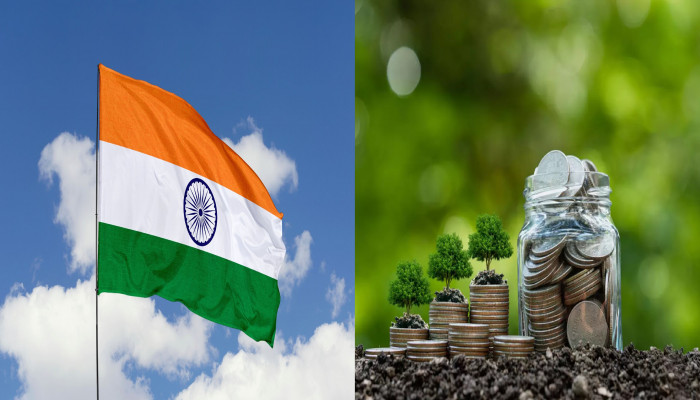




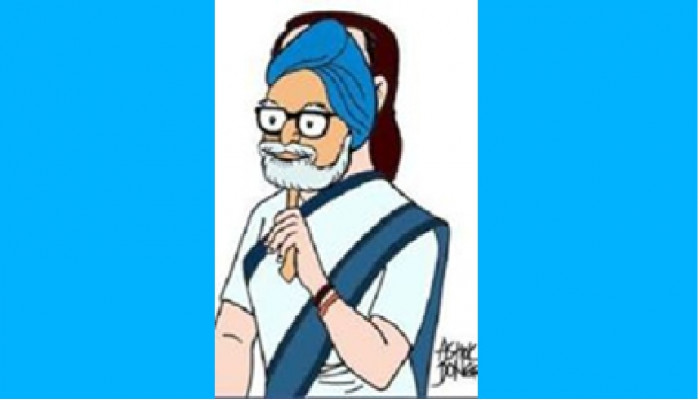
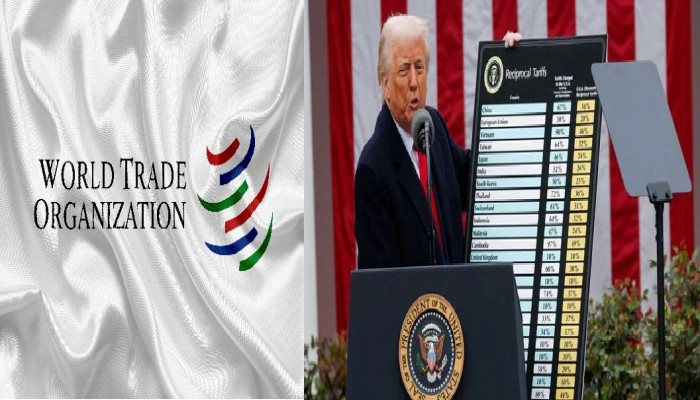
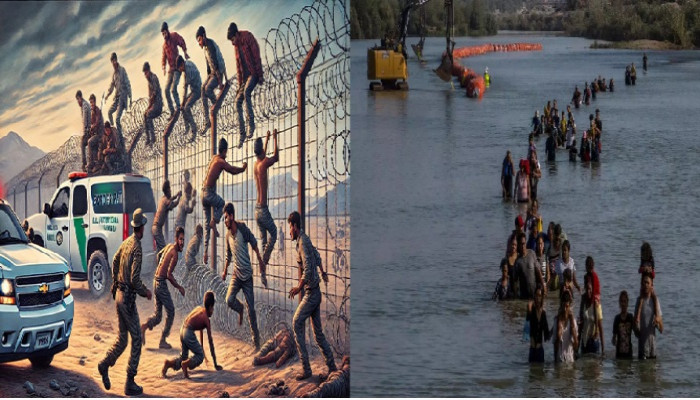
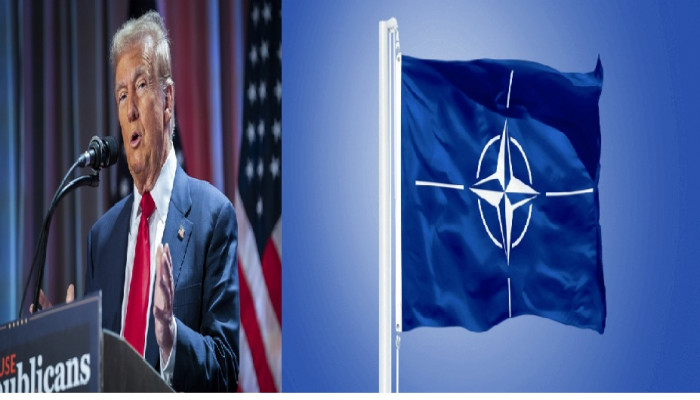



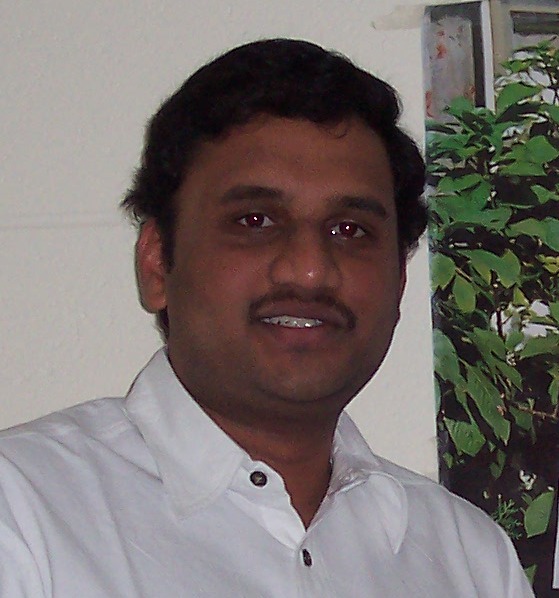











Comments